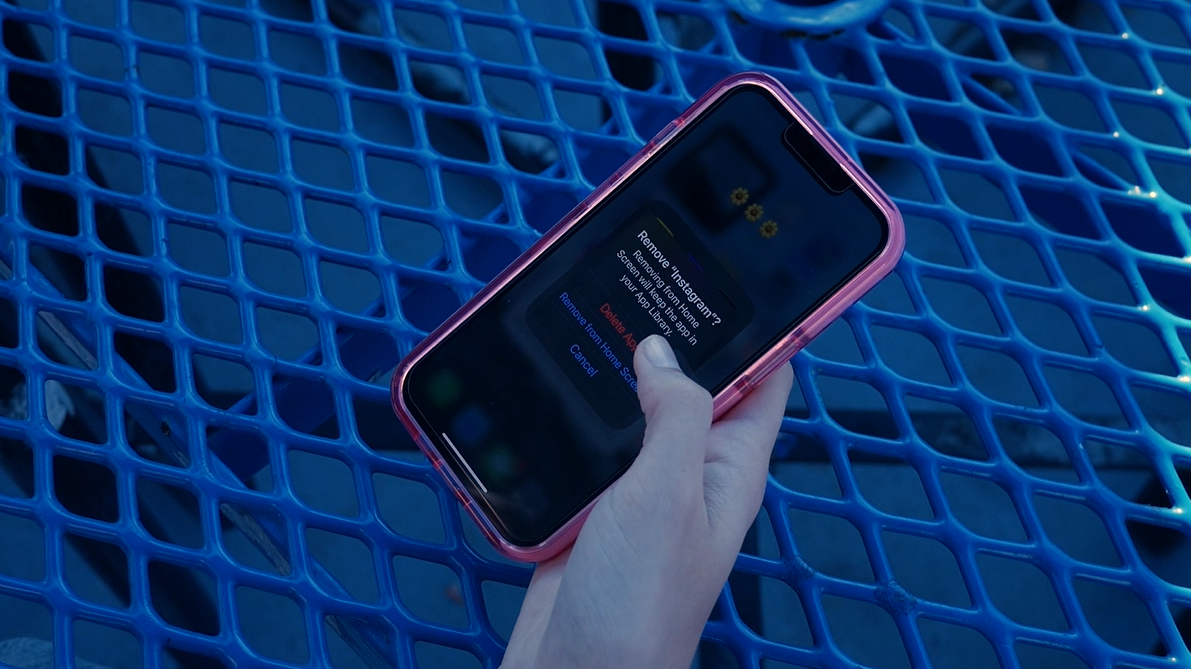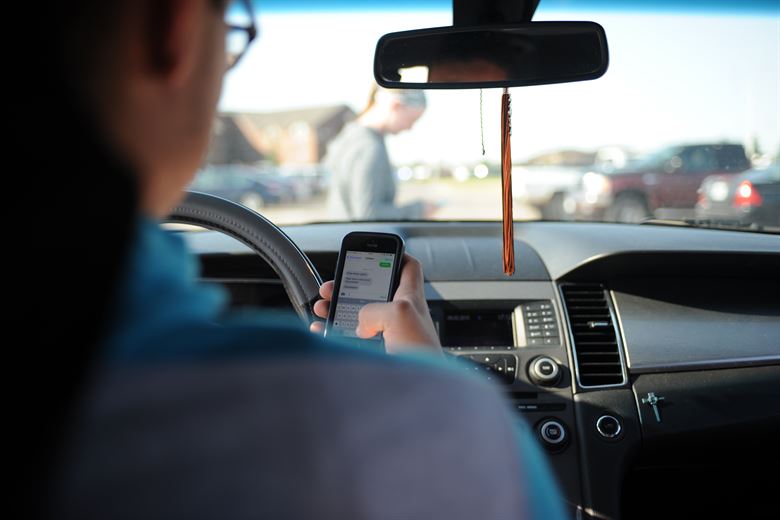Florida won’t join states banning texting and driving
March 20, 2018
Plaguing the nation’s roads for decades, texting and driving killed 3,477 Americans in 2016 alone. State legislatures are now cracking down on this lethal practice, as 45 states have made texting and driving a primary offense in the last decade. But not Florida. On Jan. 9, Senate Bill 90 was introduced in the state legislative session but it ultimately failed to make it to Gov. Rick Scott’s desk to be signed into law.
Had the bill passed, police officers would be able to pull over drivers strictly for texting and driving, rather than adding it to an existing primary offense such as speeding or driving under the influence, as it would have banned “operation of a motor vehicle either while manually typing or entering multiple characters into a wireless communications device.”
Brevard’s state Sen. Debbie Mayfield was among the eight senators who introduced this bill, and said she passionately believed it would have saved countless lives.
“Research shows that states with legislation similar to SB-90 have a lower car-crash hospitalization rate than states that don’t, and while it won’t prevent all crashes related to texting while driving, I believe that it will make significant improvements and help protect Florida’s drivers,” Mayfield said. “In 2009, the Florida Legislature passed a law requiring Floridians to wear their seatbelts. Imagine how many lives have been saved because of that law and how those who opposed it must feel now. In 2027, I hope [will someday be] able to look back and think of how many lives we saved.”
According to school resource officer Valerie Butler, motor-vehicle-related deaths are the primary cause of death among teenagers, and a significant number of those are from distracted driving.
“Having [texting and driving] changed to a primary reason to conduct a traffic stop will make it easier to enforce,” Butler said. “This will greatly reduce accident rates among teenagers, as statistics are already showing that distracted driving accident rates are now above those of DUI and impaired driving, and teenagers and young adults are the primary age groups that text and drive.”
Butler also said officers would receive specific training to properly enforce the proposed law and not infringe on the rights of Floridians should a texting ban be enacted.
“Those that are pulled over will not be subject to search [of the contents] of their electronic devices because of what appears to be looking at or being on it,” Butler said. “We would receive training on the new law and be told legally what we can and can’t do, such as when we could get a warrant to look through people’s phones.”
SB 90 would have had the potential to alleviate a major issue at school: parents on their phones in the car loop. According to Assistant Principal Catherine Halbuer, parents not paying attention to those who guide the traffic flow is a key contributor to the loop’s inefficiency.
“We have been struggling with distracted parents in the car loop for a while and have been trying to combat it since last year when Officer [Chuck] Landmesser put up the ‘hang up before you pick up’ signs,” Halbuer said. “It upsets me to think that a kid could get injured due to their recklessness. No student has been injured in the car loop during my tenure, but it has happened before at West Shore, and could potentially happen again unless parents consider the impact of texting and driving, which I believe this bill could [have done].”
Junior Lauren Novak said the thought of the potential consequences of using a device when driving will discourage her from doing it.
“Honestly I do like the fact that they have more authority over it,” Novak said. “I often struggle with keeping my focus on the road when I get distracted by my cell phone.”
Like Novak, senior Sebastian Rivera supported the bill, but had an ill sentiment toward the mindset of the drivers.
“I can’t say I’m against it,” Rivera said. “At the same time, it’s existence is just so saddening to me that we have collectively lost our common sense so much so that we have forgotten that a car is a weapon and can easily kill or injure somebody.”






















































